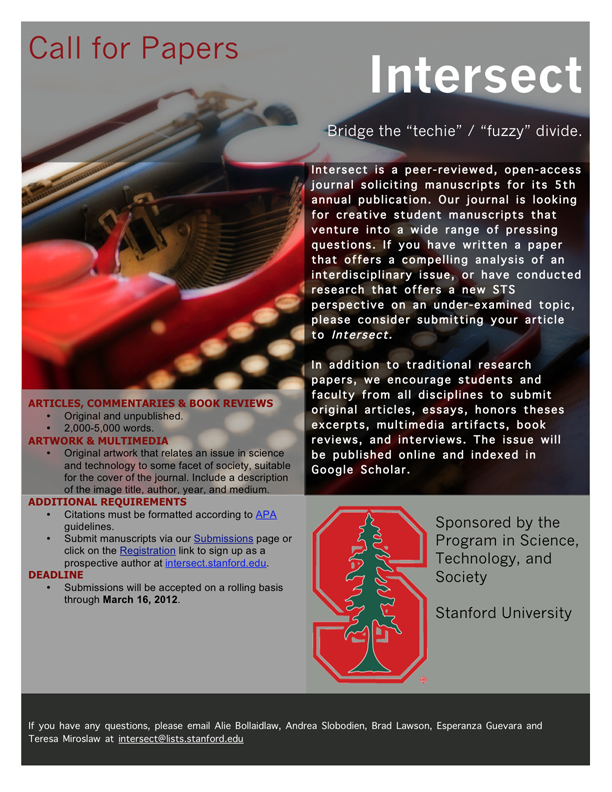Social Solutions for Climate Change Mitigation and Adaptation: Cross Cultural Lessons from Denmark to the United States
Abstract
With increased coastal flooding, severe storms, biodiversity loss and environmental degradation, concerns over anthropogenic climate change have truly risen to the forefront of our collective global consciousness. In response, the international community has begun to formulate comprehensive climate change legislation. Failing to recognize the root of the problem, however, most environmental policies, industry regulations and international protocols have fallen short of achieving their stated goals. The struggle to implement and enforce effective climate change legislation is compounded by conflicting public opinion, a long history of energy dependency, notions of progress tied to technology, and cultural values. Solutions to climate change mitigation and adaptation require a major shift in prevailing social attitudes regarding our relationship to fossil fuels, and must therefore focus efforts on encouraging individuals to change their behavior and values. Policymakers must in turn recognize the role of social capital, individual responsibility, and public participation. A critical and interdisciplinary examination of two case studies with stark contrasts in government legislation and social action serves to illuminate the factors that directly influence the efficacy of mitigation and adaptation efforts.Downloads
Published
2011-10-12
Issue
Section
STS and Our Cities
License
Authors who publish with this journal agree to the following terms:- Authors retain copyright and grant the journal right of first publication with the work simultaneously licensed under a Creative Commons Attribution License that allows others to share the work with an acknowledgement of the work's authorship and initial publication in this journal.
- Authors are able to enter into separate, additional contractual arrangements for the non-exclusive distribution of the journal's published version of the work (e.g., post it to an institutional repository or publish it in a book), with an acknowledgement of its initial publication in this journal.
- Authors are permitted and encouraged to post their work online (e.g., in institutional repositories or on their website) prior to and during the submission process, as it can lead to productive exchanges, as well as earlier and greater citation of published work (See The Effect of Open Access).

